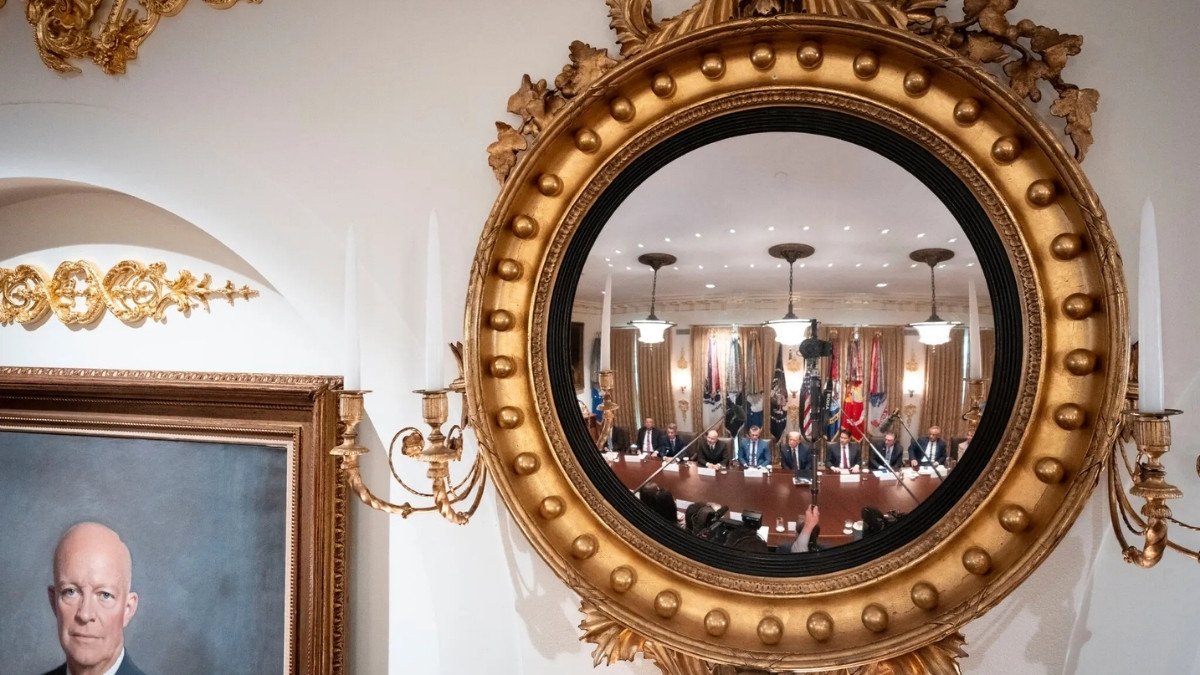A federal judge in California has once again blocked an attempt by the Trump administration to terminate the Flores Settlement Agreement, the landmark policy that governs the care of immigrant children in federal custody.
U.S. District Judge Dolly Gee issued a 20-page ruling on Friday, saying government lawyers failed to present any new facts or legal grounds that would justify ending the decades-old settlement at this time.
The Flores Settlement, approved in 1997, requires immigrant children to be placed in state-licensed facilities, treated humanely, and released to family members or guardians as quickly as possible when available.
Judge Gee, appointed by former President Barack Obama, rejected the Justice Department’s arguments as a repeat of claims already dismissed in earlier proceedings. “The court remains unconvinced,” she wrote. “There is nothing new under the sun.”
The case dates back to 1985, when 15-year-old Jenny Lisette Flores challenged the government’s treatment of minors in custody. The resulting class-action lawsuit produced rules that remain the foundation for current protections.
The Trump administration had previously tried to terminate the Flores agreement in 2019 near the end of his first term, but that effort also failed. Judge Gee described the latest hearing as “deja vu.”
Government lawyers argued in May that the agreement is outdated because Congress has since passed laws dealing with unaccompanied children and federal agencies have introduced their own standards and regulations.
[inline_related_posts title=”RECOMMENDED” title_align=”left” style=”list” number=”1″ align=”none” ids=”” by=”categories” orderby=”rand” order=”DESC” hide_thumb=”no” thumb_right=”no” views=”no” date=”yes” grid_columns=”2″ post_type=”” tax=””]
“The legal basis for the agreement has withered away,” the Justice Department argued. They described the settlement as an “intrusive regime” that has “ossified” immigration policy and prevented flexible responses to new challenges.
Officials also insisted that conditions for children in federal custody have improved over the years, pointing to new safeguards as proof that oversight from the settlement is no longer needed.
Judge Gee dismissed that argument, saying improvements were evidence that the agreement continues to serve its intended purpose. “To suggest that the agreement should be abandoned because some progress has been made is nonsensical,” she wrote.
She also criticized the administration’s claim that federal agencies are not required to release children quickly. “This is plainly incorrect,” she explained, pointing out that multiple courts have already ruled otherwise.
Gee concluded that the Trump administration had effectively bound itself to the Flores Settlement by failing to live up to its side of the agreement, making its attempt to escape oversight legally unsound.
Lawyers representing immigrant children said violations of the settlement continue in federal facilities. They argued that many of the same abuses seen in past years remain common during Trump’s second term.
In a June filing, attorneys reported that children in facilities across New York, Maine, Illinois, Ohio, Arizona, Texas, and California had been held for days or weeks in harsh and restrictive conditions.
One parent described being confined with a child in a room with concrete walls, limited space, and no access to sunlight. “We are never allowed to go out,” the parent said in court documents.
The parent said their children were confused and distressed. “The children keep telling us, ‘This is not America.’ They feel imprisoned,” the parent explained. “They saw the sun for the first time in this interview room.”
Lawyers for the plaintiffs accused the administration of seeking freedom from the settlement not because it has complied with its requirements, but because it wants greater discretion over how children are treated in custody.
They argued that without court supervision, there would be little protection against abusive or neglectful practices. “They want the flexibility to treat children however they wish,” the lawyers wrote in their motion.
The Flores Agreement remains one of the most important legal safeguards for minors held in immigration custody. Supporters say it has forced the government to maintain basic standards of care over many years.
Opponents, including Trump officials, argue it restricts the government’s ability to manage border challenges and creates incentives for families to cross the border with children. Both sides have battled in court for years.
In her latest ruling, Judge Gee emphasized that the settlement is still needed. She stressed that continued oversight remains the only way to ensure the government treats immigrant children with fairness and dignity.
As of Sunday, Justice Department officials had not responded to requests for comment on the decision. The case is expected to remain a source of conflict as the administration pursues immigration policies in the months ahead.















